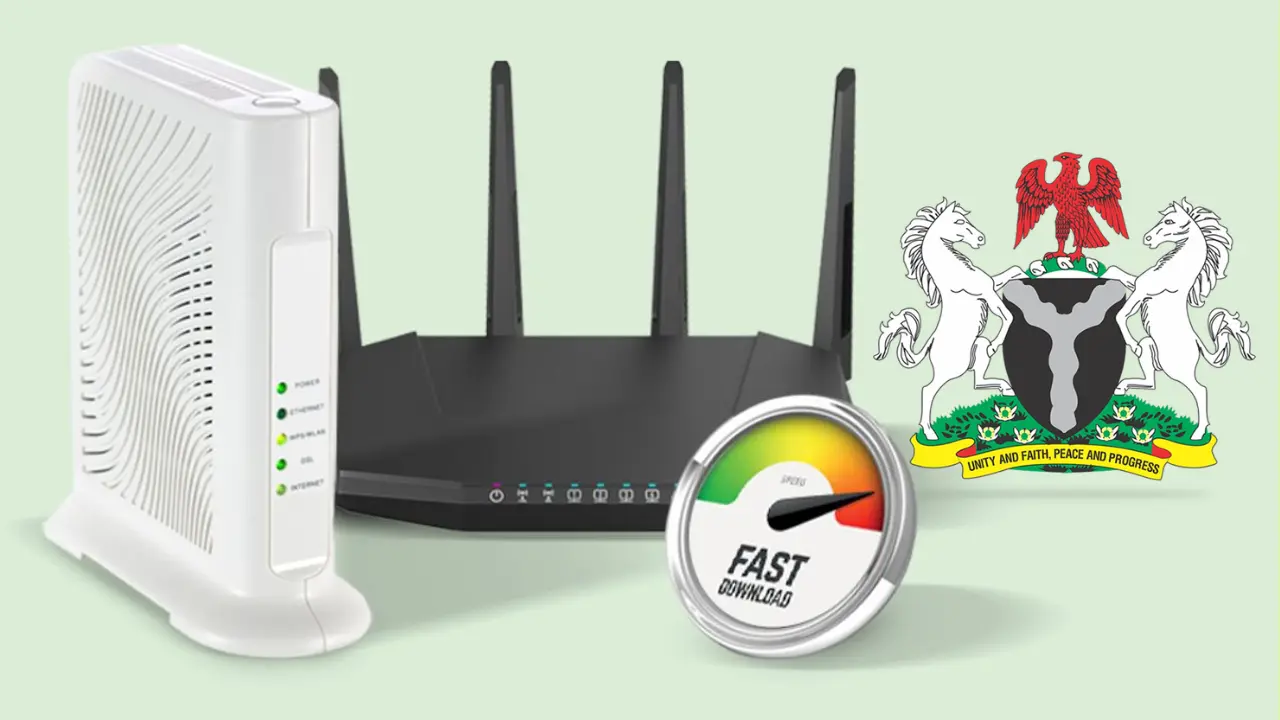In a bold move to digitize Nigeria’s education sector, the federal government has announced plans to connect every tertiary institution in the country to high-speed internet through the Nigerian Research and Education Network by 2026.
Education Minister Dr. Tunji Alausa made this announcement on Tuesday during a strategic meeting in Abuja that brought together key stakeholders from the Bureau of Public Procurement, federal tertiary institutions, and education agencies.
The initiative represents a fundamental shift in how Nigeria approaches educational infrastructure, combining digital connectivity with streamlined procurement processes to create a modern, efficient system.
Dr. Alausa didn’t hold back in his assessment of current challenges, stating that the days of operating in isolation and wasteful spending must end.
“We cannot continue to operate in silos or allow wasteful spending when technology can bring efficiency, transparency, and connectivity to our institutions,” the minister declared. “From 2026, every federal tertiary institution in Nigeria will be subscribed to the NG-REN platform using a coordinated funding mechanism through TETFund. No institution will be left behind.”
The minister introduced fresh Procurement Guidelines for Tertiary Institutions, developed collaboratively by the Ministry of Education, Bureau of Public Procurement, and Infrastructure Concession Regulatory Commission.
This marks a significant departure from previous practices. For the first time, Nigeria’s education sector has a unified procurement document designed specifically for its unique needs.
Under the new framework, institutions can handle procurement projects worth up to N10 billion independently. Projects exceeding this amount require approval from the Ministerial Project Approval Board.
“This will make government work faster, simpler, and cleaner,” Dr. Alausa explained, praising the BPP Director-General for championing transparency and digital efficiency.
The minister emphasized that NG-REN goes far beyond providing basic internet service. The platform creates an interconnected ecosystem where universities, polytechnics, colleges, and research institutions can collaborate seamlessly.
“The NG-REN is not just about providing internet. It is about linking all our institutions together to share knowledge, research data, and innovation seamlessly,” he noted.
Dr. Alausa identified two major obstacles holding back effective learning and research in Nigeria: power supply and internet connectivity. While both require urgent attention, the NG-REN initiative directly tackles the connectivity challenge.
The government is integrating NG-REN with the Tertiary Education Research and Applications System, a digital platform that automates TETFund interventions, subscriptions, and monitoring processes.
Through partnerships with the National Universities Commission and TETFund, this integration promises to revolutionize how institutions access support and track projects.
“With T-ERAS, institutions can process interventions, track projects, and access information directly from their mobile phones,” the minister explained. “This enhances transparency, reduces bureaucratic delays, and ensures better accountability in how public funds are used.”
In another efficiency-boosting move, the ministry has secured a single ICT project clearance from the National Information Technology Development Agency for 2025. This will eliminate redundant approval processes across all tertiary institutions.
Dr. Alausa made it clear that this digital transformation extends beyond public universities. He directed TETFund and NG-REN management to work with private institutions, ensuring that the national education network benefits all Nigerian students.
The ministry plans to collaborate with the Ministry of Communications, World Bank, and NITDA to expand fiber-optic infrastructure to campuses nationwide.
“The government is providing an end-to-end digital backbone for our education sector. Institutions without fiber connectivity should liaise with the relevant agencies immediately to be part of this transformative journey,” the minister instructed.
Changing the narrative around education funding, Dr. Alausa urged stakeholders to view spending on education as foundational investment rather than mere expenditure.
He positioned these reforms as part of President Bola Tinubu’s Renewed Hope Agenda for Education, describing the meeting as “a crucial step” toward achieving that vision.
The minister made clear that these initiatives aren’t quick fixes but components of a comprehensive long-term strategy to modernize Nigeria’s education sector, strengthen governance, and deliver quality learning outcomes for the nation’s youth.
As 2026 approaches, all eyes will be on whether the government can deliver on this ambitious promise. If successful, Nigeria’s tertiary institutions could finally join their global counterparts in the digital age, with students and researchers enjoying uninterrupted access to the world’s knowledge resources.
The question now isn’t whether connectivity matters, it’s whether this bold plan can overcome Nigeria’s history of incomplete projects and unfulfilled promises in the education sector.

